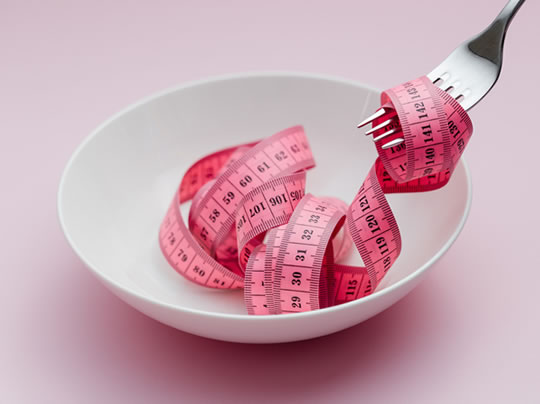Healthy foods can paradoxically lead to weight gain.
People eat more of foods labelled “healthy” as they consider them less filling, a new study finds.
The research suggests that those aiming for weight loss should be wary of inbuilt beliefs about healthy foods.
Over a series of studies, scientists found that people automatically see more healthy foods as less filling than they actually are.
When the same food is portrayed as healthy (as opposed to unhealthy), people:
- order larger portions of the ‘healthy’ food.
- eat more of the food labelled as ‘healthy’.
- report more hunger after eating ‘healthy’ foods.
This was even true of people who said they did not believe that healthy foods were less filling.
Ironically, the labelling of food as healthy could actually be contributing to the obesity crisis.
However, the scientists found a way to reverse this.
By highlighting how nourishing healthy foods are, people’s bias was lessened.
Hopefully this article is doing the same thing — whether or not it will lead to weight loss, you will have to find out!
The study was published in The Journal of the Association for Consumer Research, (Suher et al., 2015).
Fork measuring tape image from Shutterstock

